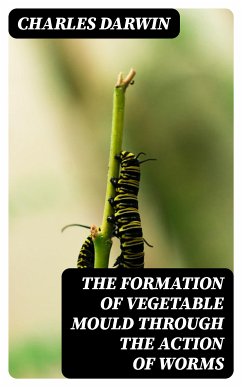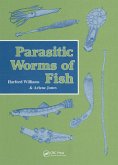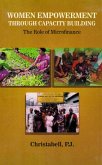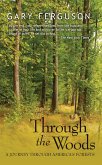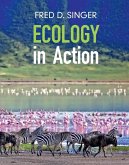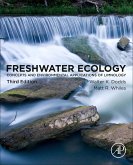In "The Formation of Vegetable Mould Through the Action of Worms," Charles Darwin meticulously explores the pivotal role earthworms play in the ecosystem, underscoring their impact on soil formation and fertility. Drawing upon years of observational studies and experiments, Darwin employs a clear, accessible style, intertwining scientific analysis with anecdotal evidence. In the context of 19th-century naturalism and the burgeoning field of biology, this work represents a significant shift toward understanding the interconnectedness of life processes, demonstrating how these humble creatures contribute to the very foundation of terrestrial ecology. Charles Darwin, renowned for his groundbreaking theories on evolution and natural selection, possessed a profound curiosity about the natural world that informed this lesser-known yet equally vital work. His extensive research and field observations, including studies of earthworms in his own garden, reveal his desire to elucidate the subtleties of nature's mechanisms. This book reflects Darwin's scientific rigor and his holistic view of life, emphasizing that even the smallest organisms can have monumental effects on their environment. Darwin's treatise invites readers to reconsider the vital role of often-overlooked species, thus fostering a deeper appreciation for biodiversity and ecological processes. This captivating work is essential for anyone interested in environmental science, biology, or the history of scientific thought, providing insights that remain relevant for contemporary discussions on ecology and conservation.
Dieser Download kann aus rechtlichen Gründen nur mit Rechnungsadresse in A, B, BG, CY, CZ, D, DK, EW, E, FIN, F, GR, H, IRL, I, LT, L, LR, M, NL, PL, P, R, S, SLO, SK ausgeliefert werden.

